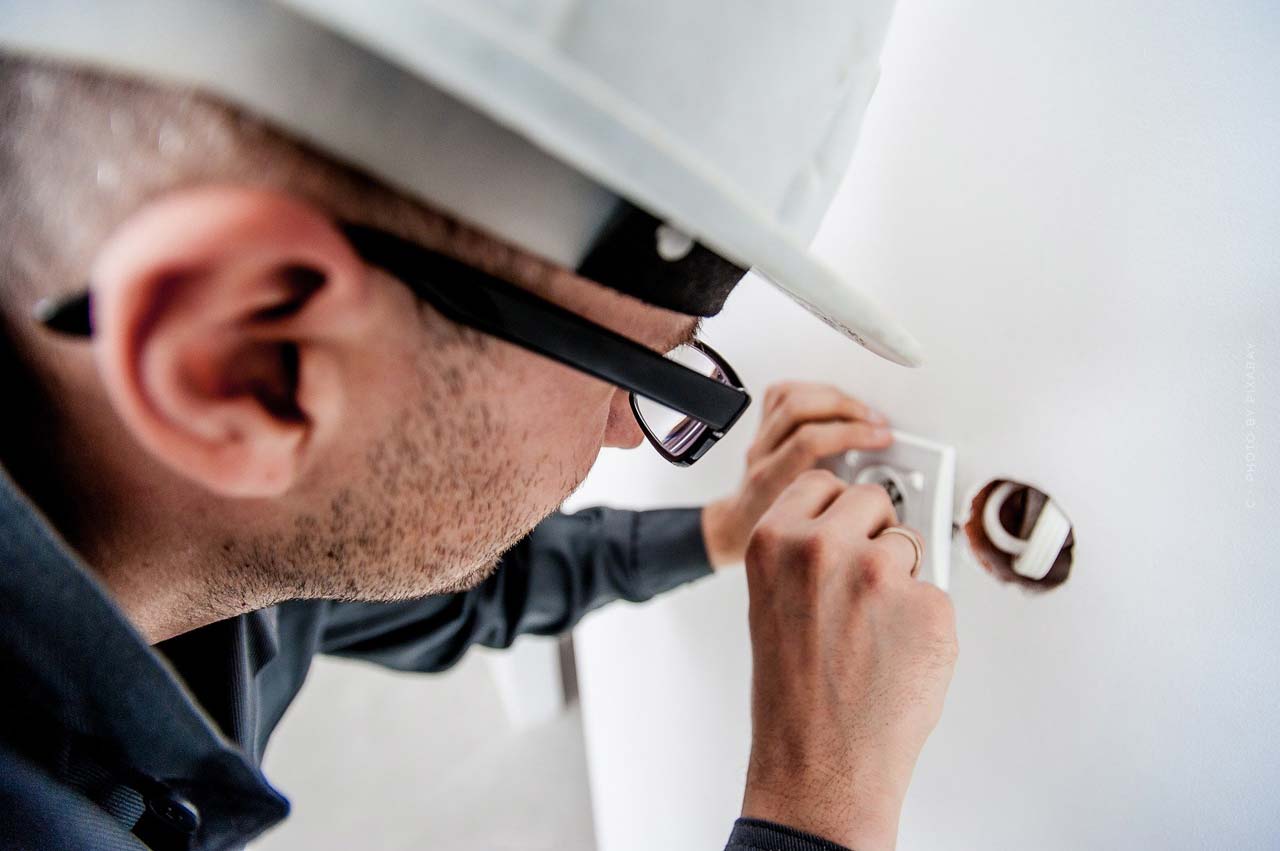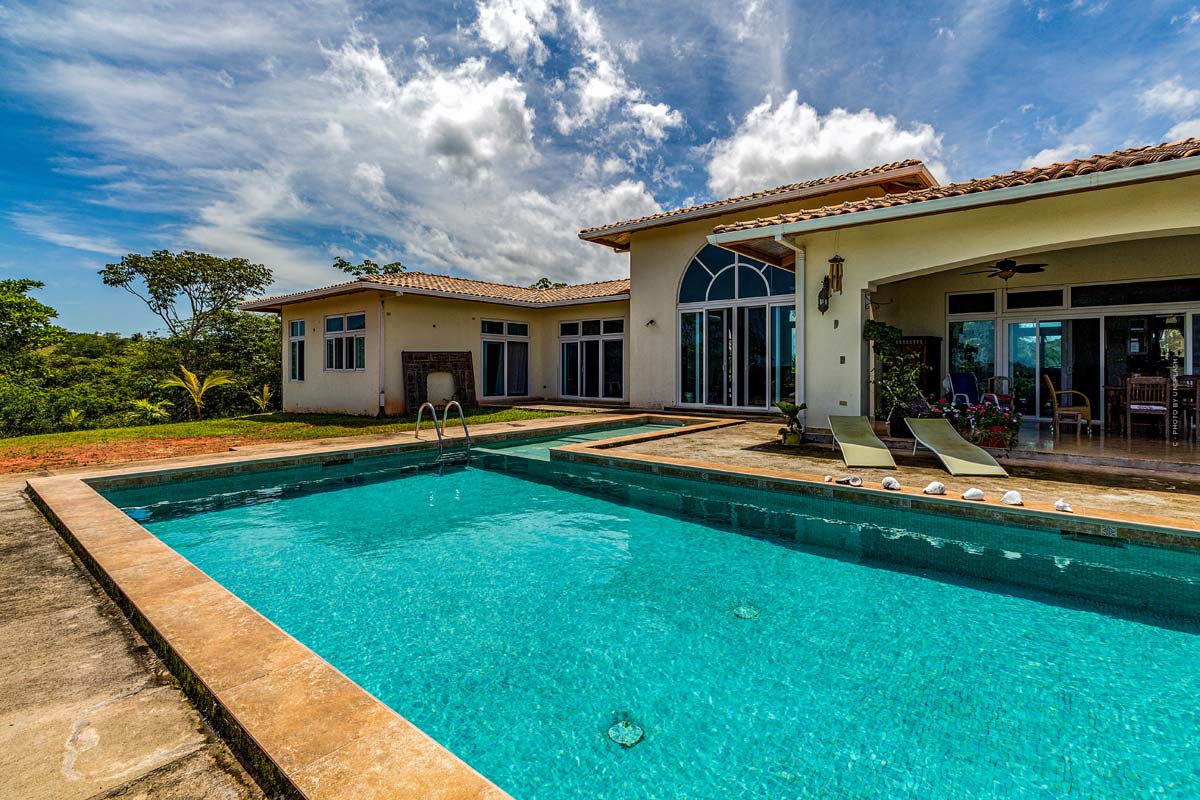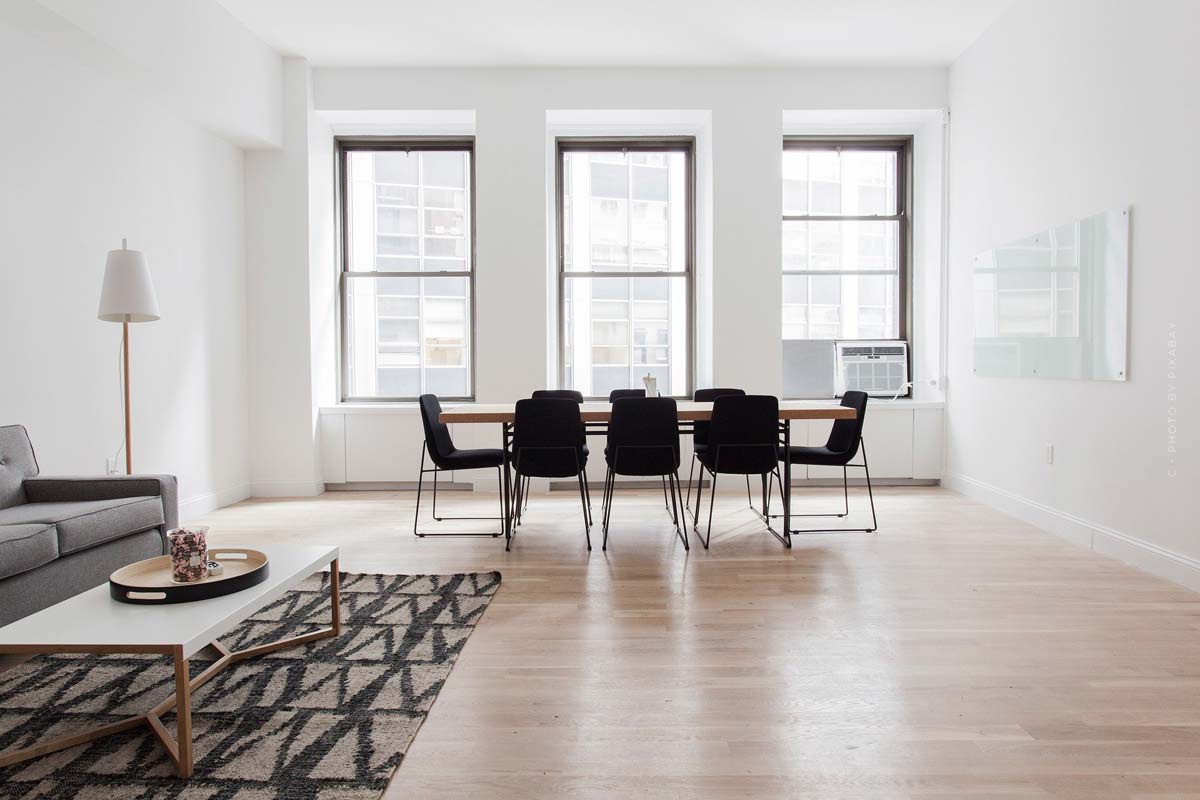Renting out apartments and houses: Useful tips for private landlords – credit check, service charge statement, apartment handover & Co!
Renting out apartments and houses – Renting out living space is lucrative. You build wealth and earn extra income – who wouldn’t want that? To help you rent out your property quickly, efficiently and stress-free, here are our top 6 tips for private landlords, from the property search to the rental agreement to the apartment handover – including a checklist!
Tips for landlords: This is what you should know in advance!
How do you avoid vacancies, rent arrears and non-payers? What should be in a lease agreement and which service charges can you pass on to the tenant? You can find out all this and more here in our guide!
Finding the right property: Location, location, location
So if you are planning to rent out a property, the location of your property is crucial. Especially for yield properties you should look for very good B- and C-locations. In other words: Invest primarily in properties in popular major cities with good infrastructure and positive development. Properties in the suburbs, a little outside the hustle and bustle of the big cities, are also very suitable as yield properties. Living space here is often a bit cheaper than in the city and the workplace can still be reached quickly via the highway. So you can count on high demand here.
Tip: Make sure your property is in a good location to avoid vacancies
Find solvent tenants: Credit check & income certificate
To avoid future problems and stress, you must also check all prospective tenants in advance. If you select your tenants only by gut feeling and sympathy, it can come later finally so to a bad awakening – always late rent payments, in the worst case even Mietnormaden! This is why a credit check of prospective tenants is so important. Also income certificates or the Schufa self-disclosure should be obtained in advance.
So you should get these documents from the prospective tenants in advance:
- Schufa self-disclosure
- Creditworthiness check
- Income statements
Calculate ancillary costs before drawing up the rental agreement
The viewing was successful and the right tenant has been found? Great! Then all that remains is to draw up and sign the rental agreement. A typical beginner’s mistake is to underestimate the additional costs. Our tip: Think about your future service charge bill before you draw up the lease. What ancillary costs are and what they are not is defined in the Betriebskostenordnung (§ 2 BetrKV). Among other things, the following costs can be passed on to the tenant:
- Property tax
- Wastewater fee
- Elevator
- Garbage collection
- Chimney sweep
- Lighting costs
Thinking about making some repairs to your house at the end of the year? This is also part of the apportionable service charges:

Draw up a rental agreement: Individual agreements
Theoretically, verbally agreed contracts are also legally valid. However, a written rental agreement should never be waived. You can find plenty of templates for this on the Internet. Note, however, that these are only standard contracts. Individual details must be added separately. You should also pay attention to permissible formulations. Otherwise, the contract may later be deemed inadmissible and invalid. To be on the safe side, have the rental agreement checked by an expert – such as a lawyer – after it has been drawn up.
The following items (as required) should definitely be in the lease:
- Service charge settlement
- Animal husbandry
- Sublease
- Time limit of the contract
- Cleaning duties
- Cost absorption for minor repairs
Apartment handover: handover protocol
The rental contract is signed and the handover of the apartment can take place? To avoid any misunderstanding, a handover protocol should be prepared. Here the number of house or apartment keys are noted, as well as meter readings, condition of the property & Co. Also about the house rules and rent deposit can be discussed at the apartment handover.
Reduce tax burden: tax allowance & tax-reducing factors
Rental income must also be taxed, unless the rental income is below the annual tax allowance. The net cold rent is taken as the basis for this. While ancillary costs are not taken into account, the following factors can certainly have a tax-reducing effect on the tax burden:
- Interest charge of the real estate loan
- Loss of rental income insurance
- Repairs
- Advertising costs
Conclusion: This is how you rent out your property! – Checklist
So with our tips, you’ll be well prepared for renting out your property. Here again a short summary:
- Find the right property: Invest in properties in B and C locations to avoid vacancies
- Find solvent tenants: Check the creditworthiness of prospective tenants, for example, by means of a self-disclosure and income statements.
- Include utility costs before drafting the lease: Think about future operating costs and set up in the lease on
- Draw up a rental agreement: Record individual agreements & have them checked by a lawyer
- Apartment handover: prepare handover protocol to prevent misunderstandings
- Reduce tax burden: deduct repairs, advertising costs, etc. from taxes












